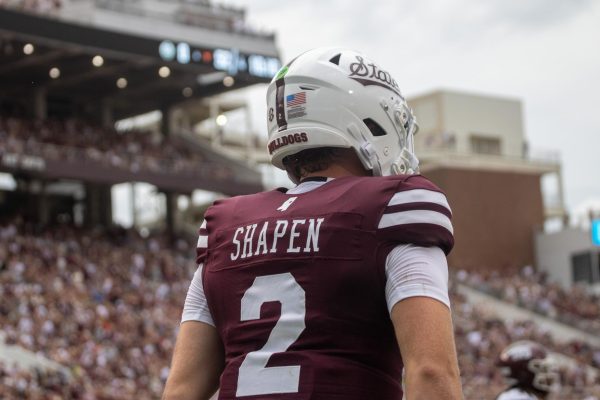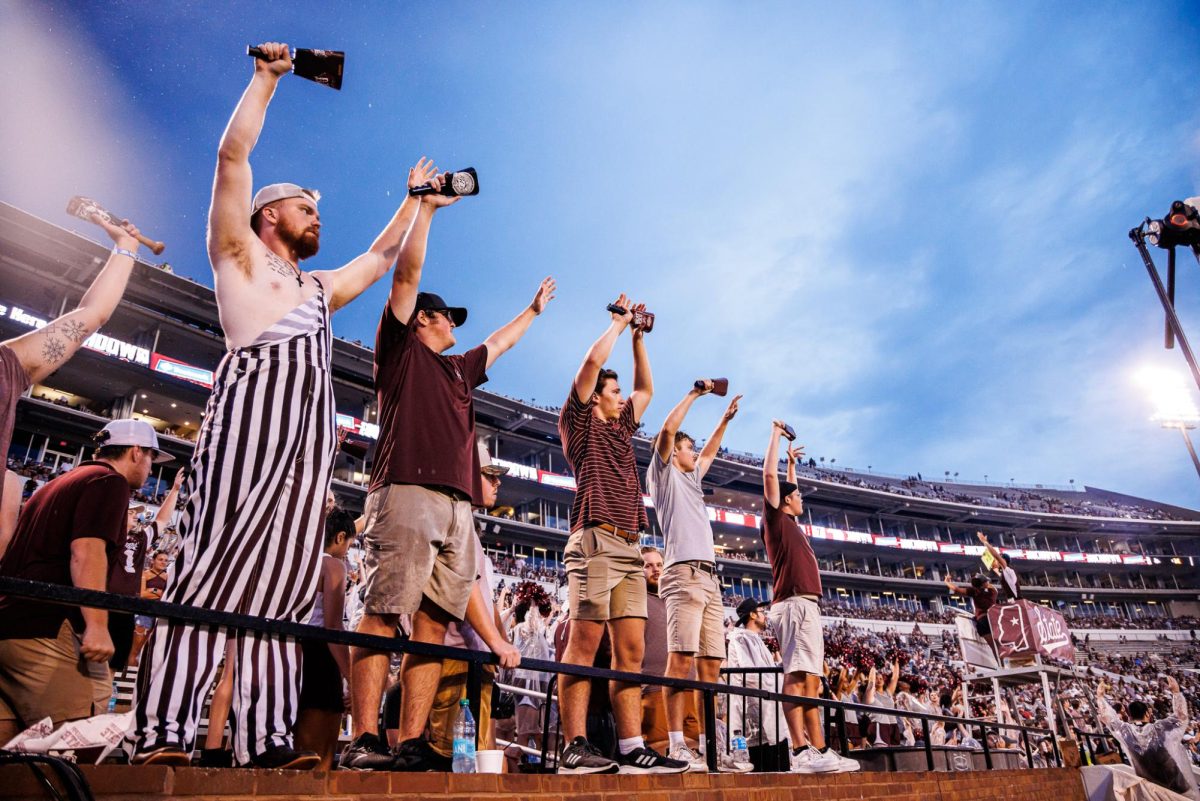In elementary school, I carried children’s books to my high school’s football games and made my English-teacher mother’s heart happy, but I guarantee you she was the only one who found this charming. Little did I know, I was preparing myself to be ill-prepared for college and adult life where fantasy football drafts and home-game weekends determine social standing. While I still do not consider football the end-all-be-all, I am tired of hiding behind overused quips like “What color are we rooting for?”
This year I have made it my mission to understand at least the bare minimum of football rules. Of course, I still may occasionally holler something like “foul ball” or “hole in one” while watching football with my boyfriend because his looks of absolute horror are worth it. However, I no longer want to stare at the field in genuine confusion. I need to know my offense from defense, and my running back from linebacker. After a little research and a few conversations with the football experts in my life, I, too, can allow a few men in tights to determine my emotional state for several months.
For starters, each team has eleven players on the field at any given time. One team plays offense, meaning they have the ball and attempt to score, while the other plays defense, meaning they do the tackling — at least in theory. I have found that some players in particular struggle with the whole tackling business.
The team playing offense has four attempts to get a first down of 10 yards. If the offense cannot get the 10 yards in four tries, then the ball returns to the opposing team. If the offense gets the necessary yardage, then they have another four attempts and so on. A good team could have the ball for as long as it takes them to score, so one team can monopolize turns like an aggravatingly good GamePigeon cup pong player.

There are three ways to score. The team playing offense can score a touchdown by getting the ball into the end zone for 6 points and then either kick a field goal for an additional point or go for a 2-point conversion by getting the ball to the end zone from the 3-yard line. A field goal can also be kicked at any point in the game for three points, but they usually kick on fourth down if in range. Last, if the offense has the ball but gets tackled in their own end zone, then the defense gets a safety which is 2 points. I had no idea this rule even existed before last week, and I feel like if I played football, I would accidentally scamper in the wrong direction and let the other team score a safety. All the more reason for me to watch but never play.
Everyone knows about the quarterback, but other important offense positions include the five offensive linemen – all players that essentially protect the quarterback as he attempts to run or throw the ball. The running back carries and catches the ball from the quarterback, and wide receivers do this as well but at greater distances from the quarterback. The center snaps the ball to the quarterback to start the play. Lastly, the tight end sometimes catches passes but protects the quarterback too.
The job of every defensive player involves keeping the offense from running the ball and scoring. They have specific positions on the field, but football fans really only care that they keep the offense from scoring. For example, the two safeties are often in the middle of the field away from the line of scrimmage that separates each team from the other at the beginning of a play, and they try to tackle those who catch far passes. On the other hand, the three linebackers and defensive tackle are much closer to that line, but they all seek to tackle and reclaim the ball.
Common penalties include the false start, which is a 5-yard penalty, or holding, which is a 10-yard penalty. Defensive penalties include holding, pass interference and roughing the passer, a 15-yard penalty that happens when a defense player illegally contacts the quarterback either during or after a throw. Of course, referees sometimes flag the personal fouls of unsportsmanlike conduct and unnecessary roughness as well.
I have also learned that if the referees call a flag against your team, it does not matter how guilty your team is. The referees are cheating you. They are the scum of the earth. They cannot do their jobs and a whole number of other things correctly. Also, the gigantic screen that replayed said flag is wrong too. You did not really see it. The screen was too small.
For further study, NFL analyst Howie Long writes an entire book called “Football for Dummies,” but while I read many books, I am not that dedicated to the sport yet. Last year, I did not even pretend to watch the games, so I am going to count the small victories of knowing player positions, downs and flags as a win. I may even know when to ring my cowbell this year without following the crowd. I certainly wish my fellow novice football watchers the best of luck this season. Hail State.













![MSU student Caroline Flint cheers and rings her cowbell during a 2024 game against Missouri. [Ivy Rose Ball/MSU Athletics]](https://reflector-online.com/wp-content/uploads/2025/09/20241123_FB_vs_Missouri_Fans_IB_1514-2-1200x800.jpg)

Kaycee • Jul 26, 2025 at 7:54 pm
Thank you. I am a Arkansas college student in the marching band and I needed this.
Katy • Sep 23, 2024 at 11:32 am
This is fantastic.